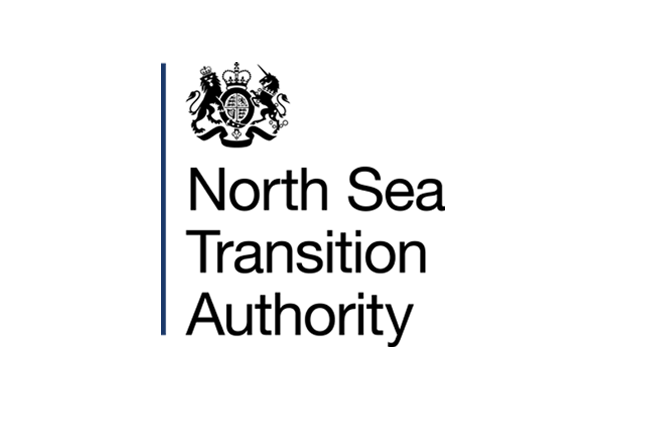
Introduction from the Chief Executive
The North Sea is changing. What was an oil and gas province is becoming an integrated energy basin.
Oil and gas will still play a significant role, but offshore wind, carbon storage and hydrogen will all become more prominent as the UK aims to reach net zero by 2050.
The NSTA is at the heart of this transition, putting in place the building blocks of the North Sea super-basin.
Oil and gas still meets around three quarters of UK energy demands and will remain a part of the energy mix for decades as we transition. The NSTA will continue to steward the UK’s hydrocarbon assets for domestic and cleaner energy production.
We have approved eight new developments since the start of 2023. Even with these projects, domestic production will continue to decline, they bring much-needed investment into the basin and anchor the skills required for the transition on UK shores.
Reducing the emissions from this production is essential to maintaining a social licence to operate, and unlocking the remaining value in the basin.
There has been good progress in some areas, notably a near halving of flaring since 2018, but the NSTA wants the industry to go further, including on the electrification of platforms. Our ambitious new ‘emissions reduction plan’ clarifies decarbonisation requirements on industry to get on long term emission reductions pathways.
We expect to see real industry action in response to the Plan immediately.
2024 is set to be a milestone year for the UK carbon storage industry. We look forward to granting the UK’s first two storage permits, which could lead to first injection of CO2 offshore by 2028. The UKs potential for carbon storage has been clear for some time, but we are now on the cusp of turning that potential into reality.
The NSTA has also become the regulator for offshore hydrogen transport and storage and we look forward to stewarding this nascent industry.
The opportunity to accelerate the energy transition in the North Sea is underpinned by the UK’s world-class offshore supply chain, technological capability, and decades of offshore data. The NSTA is providing visibility on upcoming projects across all offshore energy types, helping to connect operator and supply chain.
The North Sea is a resource which can drive a sustainable and successful energy transition. But only by integrating the planning, technological and regulatory landscapes across different energy sectors we can fully exploit that resource and unlock the new North Sea.



